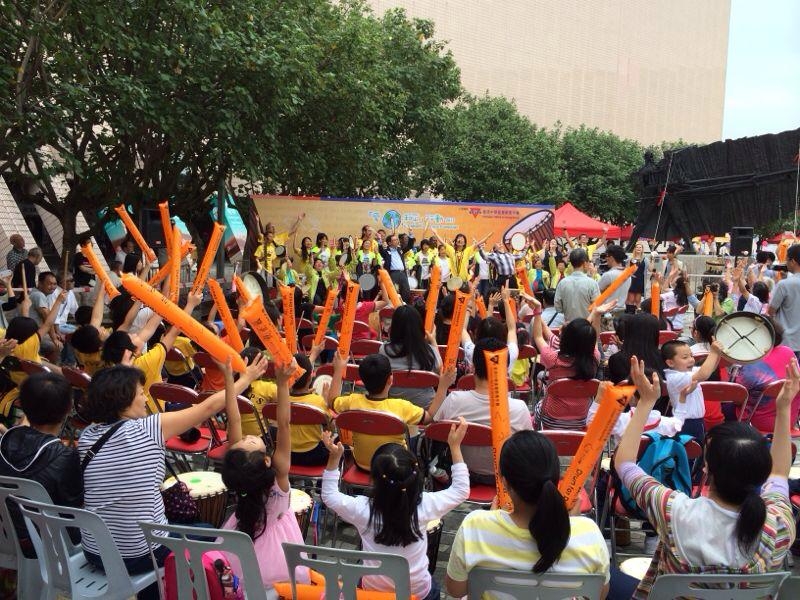↑Monthly eNewsletter of the Asia and Pacific Alliance of YMCAs
| This email contains graphics, so if you don't see them, view it in your browser. | |||||||||||||||||||||||||||||||||||||||||||||||||||||||||
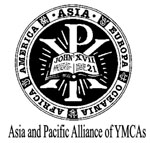  |
|||||||||||||||||||||||||||||||||||||||||||||||||||||||||
31st Advanced Studies Program
We had three National General Secretaries this year out of 16 participants; John Charles was from Gambia, West Africa, another NGS, Alina Pop from Romania and John Lee from Fiji, Pacific Island. They all have gone through many challenges in their own country movements, and their overall learning experiences helped them understand the directions and assurance of how they can improve their YMCAs. We had two participants from China, Zhaozhen from Shanghai and Ting from Chengdu. China YMCA has been rapidly growing as population in cities are increasing. The demand for cultural programs and youth work is on the increase. They also have increased services to the elderly, children and the handicapped to fulfill the growing needs. There are many volunteers in most of the programs and it is highly demanded to keep the quality services by training the staff as well as volunteers. Two participants from Taiwan, Jeremy from Taichung and Eric from Tainan shared their unique programs. Taichung YMCA runs a community college for 2,000 young adults. People are concerned of the young people. They said many are too involved into internet world, and many lack the sense of global responsibility. Those concerns have challenged the YMCAs for creating global service learning programs. Another challenge is high risk youth who dropped out the high school. They would like to introduce Global Citizenship Education combined with vocational trainings. Both YMCAs needs to increase international networking. Cristi is the GS from San Pablo City, Philippines. Her success comes from recruiting many volunteers and have eligible Board Members. She has a shared vision with her board members and she gets full support by them. She has a broader vision now for the big steps forward. Herbert from Chinese YMCA of Hong Kong has social work background and the work has become very competitive with the other similar organizations. He says that the YMCA needs to keep its uniqueness among all the organizations and that is our volunteers. He emphasized lifting up the volunteer services by providing effective trainings and encouragement to them. Biplob, a young General Secretary from Birisiri YMCA, Bangladesh was eager to learn new concepts and new programs, such as Alternative Tourism, Global Citizenship Education as well as School of Peace through interfaith dialogue. Chandrakumar is a staff member of National Council of YMCAs of Sri Lanka. He learned overall nature of the YMCA work and tried to apply it to his plan in his movements. He sees importance of Global Citizenship, Environmental work and dealing with growing issue of diabetes among young adults. There were two staff persons from the India YMCAs. Saiju is from South West Region where 530 YMCAs exist and his work is to lift up YMCAs status to higher standards. He shared example of increasing youth and women leadership in those YMCAs. George from the Madras YMCA has been responsible for operating a big YMCA branch. He shared his vision of developing awareness among people toward environmental issues. We had three participants from Japan. Taka has been the principal of the Tokyo YMCA Hotel Management School for the last 20 years. The same could be applied to Kaz from Yokohama YMCA, specialized in its Vocational Training College for the last 20 years. Their views on YMCA was much broadened by this Advance Studies Program and their learning gave them the feeling of responsibility for YMCAs globally and enhanced their Christian commitment, their work in Japan would be rather different, I am sure. Ken from Hiroshima YMCA will surely be a change maker in his YMCA. He learned and felt strong networking will surely make differences in his work. It was a great gathering of one month through sharing our visions. We wish you Merry Christmas and a great New Year !!! YMCA situation in China1. Brief History of the YMCAs in China The first city YMCA was established in Tianjin in 1885, and then followed by Shanghai (1900), Guangzhou and Beijing (1909), Chengdu (1910), Wuhan (1911), Xiamen, Nanjing and National Council (1912), and Xian and Hangzhou were established in 1914. Thus all of the existing YMCAs at present have been established over 100 years ago. In 1912, when the National Committee of YMCAs was established, there were 25 city YMCAs and 107 Student YMCAs in China. In ten years after that, there were 35 City YMCAs and 187 Student YMCAs. A famous National leader, Dr. Sun Yat- Sen was one of the leaders establishing the YMCA movements in China. He mentioned in his speech, “Through YMCAs Jesus salvation is followed and Confucius good will is practiced”. The YMCA at this early stage identified their roles as illiteracy education for illiterates, livelihood education for the poor, health education for youth and children, civic education for the selfishness of people. The programs were restricted after 1949 as the communist government emerged. Yet the educational programs were still continued only in the YMCA buildings till 1966. Then YMCA activities were completely ceased during its Cultural Revolution from 1966 till 1979. During the Cultural Revolution, all buildings of the YMCAs were used for some other purposes. After the opening of the country in 1980s, the Government returned the former YMCA properties for reopening the YMCAs. 2. Current situations of YMCAs in China The National Convention was held in June 2012. At the convention, the constitutional change and election of the National boards was held that was not done in the last 60 years. The new board, 15 of them, represents the voices of all local YMCAs. At the same time, Mr. Tu Hanquiao was appointed as the National General Secretary. He was a former General Secretary of the Wuhan YMCA. There are currently ten local YMCAs under the National Council in China. Four-focused area of work was identified as 1) education, 2) sports, 3) culture and recreation, and 4) community services. Those activities have been conducted by the ten local YMCAs with 200 centers and branches. The economic development of the country has shown a strong upward mobility in the whole nation especially in those ten cities that YMCA exists. The economic growth and expansion of the cities have required the places for more services and trainings for the young people. In 1996, Shanghai government decided to involve NGOs as new service providers. This new mechanism has spread to many other cities, and many YMCAs have been asked to provide social services to elderly and handicapped with the new facilities. The rapid growth in YMCA service programs and increased number of operational centers, the NCY China has realized the importance of professional development and Christian value education in the YMCA. The YMCA in China has unique features as follows:
In present China, there are growing needs. So-called “Y Generation” in China is meant as one child generation and they need basic trainings of parenthood. Youth empowerment is also important for education, entrepreneurship, and educating social responsibility. Another big issue in China is “left behind children with grand parents in rural communities”. Shanghai alone there are 5 million migrants from rural communities to find better income, and many of them stay in the city leaving their children in their hometown with their grandparents. Thus in modern Chinese society, YMCA has become a great source as such social service providers and youth and family education centers. The YMCA considers those activities as YMCA Ministries in China. News from the World Alliance and World CouncilAttending the Global Staff Team of the World Alliance, I would like to update you the progress and new moves in the World wide YMCA movements. I am briefly explain each item as we think those are important for you to know. 1. One Million Voices (OMV) So far 65 movements responded to the OMV research project. In our area, Australia, Bangladesh, Hong Kong, India, Japan, Korea, Macau, New Zealand, Philippines, Pakistan, Sri Lanka have decided to participate. I think this research would benefit a lot to understand the youth situation compared to the other countries. The result will be announced in the end of 2015. And it will require 2500 responds to the survey questions in each country, considering two age groups and two sex groups. The interview skills will need to be trained. Each participating movement will need to assign one coordinator. As the APAY area, our staff Roger will be the Area coordinator. 2. World Council (up to date information) Theme “Empowering Young People” Early bird registration is going on and up to end of January 2014 for 740 USD. The World Council period will be from June 29 afternoon to July 5 morning. NGS and Change Agent meetings from July 5 afternoon to July 6 night Main characteristics in the WC will be:
3. World Challenge June 6-8 of 2014 will be the target days for the global World Challenge. This time we collect signatures from all participants. So far 42 movements in the world replied positively. We encourage all movements participate in this global event together. Please go sign up for the participation. 4. Change Agents (CA) E-learning sessions have been conducted by the World Alliance. 195 CA attended the Prague festival out of 220 CA. The world Alliance after so many works decided to drop inactive CA from the Global CA list and informed to them. There will be not role expected to those inactive CAs in the World Council so they are not invited to the World Council from the World Alliance. APAY decided to keep them as APAY Youth Representatives up to 2015 General Assembly. But if the selected CA is not active, then it is a good time to find substitutes for the CA. Please inform APAY if you find the others (up to September 2015). 5. Staff Placement of the World Alliance WAY started a staff placement system for three month. Young professionals have been invited to the WAY office with their specialties. So far 30 professionals will be placed for various works according to the individual specialties. The condition is that 1) transportation to Geneva and salary during the three months are sending country’s responsibility, 2) WAY pays cost of accommodation and foods during the period of three months, 3) if there is any work from the sending country, up to 50% of the time in Geneva could be used for such work. It would be a good chance for training for the young and capable staff members. 6. WAY Strategic plan for 2014-2018 “New WAY to Our WAY” The World Alliance recently presented the following “Our WAY” idea for you to review and make some comments.
This first draft was sent to all the national movements for receiving comments and questions. The plan will be reviewed again in NGS meeting in Feb 2014 before the World Council. Disaster Response Updates from the PhilippinesAs is widely known the world over, the strongest recorded typhoon, Haiyan, has devastated the central part of the Philippines, taking thousands of peoples’ lives, totally destroying their houses and livelihood and bringing most, if not all major structures into total collapse. In this regard, the YMCA of the Philippines expresses deep gratitude to all donations and expressions of solidarity and support which enable them to respond to the needs of the many displaced and suffering people who were hit by the disaster. The local YMCA near the devastated areas, the YMCA is able to extend emergency resources to Northern Cebu and Ormoc city where the YMCA Village was among those affected and another small island of Tambeliza, Concepcion, Iloilo. Few days after the typhoon, I personally joined the staff team to distribute more than two thousand food packs in Daanbantayan, Northern Cebu. The food packs included rice, canned good, bottled water and clothings. There are 80 survivors from Tacloban City and neighboring places who evacuated and are now staying at the YMCA of Cebu as their houses have been totally destroyed. They receive food provisions, clothing, medical treatment and the children are given access to recreational facilities to help them overcome their traumatic survival experiences. In a separate relief response activity, the YMCA of Iloilo coordinated the distribution of relief goods to 643 severely affected families in the small Island of Tambeliza, Concepcion, Iloilo. Recently, the YMCA relief group left Cebu for Leyte by ferry boat to distribute the second wave of food assistance to 8 identified villages in Ormoc City. They shared that when they arrived, the Ormoc YMCA in Leyte was already crowded by the survivors and many of them helped in unloading the packages. The distribution of food packs was conducted the whole day covering four (4) villages. 9 tents were also installed near the Ormoc YMCA to provide temporary shelter for displaced individuals and families while canvass materials were distributed to 40 families to serve as roofing for their shanties. Many more families have yet to be served and they are clamoring for continued help and support. NGS PablitoTabucol related his experiences as part of the “relief response group.” He said that seeing the destroyed houses, structures, farmlands and communities, one could just weep in silence, knowing that YMCA can only do so much. He continued that it was also heartbreaking to see children, mothers carrying children and elderly all lining up on the street begging for food and water. We saw their pleas asking for help written in salvaged materials. Pablito related one particular encounter on the road when he stopped on a boy holding placard with a message for help. As soon as he handed the food pack, his face brightened and thanked him with a big smile. This humanitarian response during disaster is just one of the many opportunities where the YMCA delivers quick and efficient life-saving support to people in desperate condition and struggling for daily survival. The collaborative support of all those involved at local and international levels makes this work possible. The YMCA of the Philippines would like to acknowledge and thank all the National Movements, local YMCAs in the country and overseas, individuals who contributed through their respective YMCAs. They hope and pray that you also ‘feel and experience love’ as you give, contribute and continue your caring support through prayers. The YMCA of the Philippines submitted a response plan with budget of nearly 80,000 USD for the immediate relief response of food, water and tents for temporary shelter. We have received more than fifty percent of the budget and this relief response will end in a month. The YMCA is now gearing up to providing support in coordination with local YMCAs, local groups and the community for rebuilding and rehabilitation of sustainable lives and livelihood. Therefore, the APAY will keep the campaign going to help respond to the great needs of many affected people in Leyte, Iloilo and Cebu. The YMCA of the Philippines is committed to continue to provide the needed support to the severely affected communities, families and individuals as its resources would allow. They plan to coordinate with local staff and volunteers and government agencies to:
Aside from the two coordinating local YMCAs in Cebu and Iloilo, other local YMCAs in the Philippines are also helping in the relief and rehabilitation responses by directly contributing material resources and volunteer support. The Disaster Task Force created by the National Board has laid the general direction and plans based on the needs of the affected communities including the monitoring system.
~Eloisa Borreo, Executive Secretary, APAY
Resource Mobilization Workshop - Myanmar & Thailand at Chiangmai YMCAThe 7th of Year 1 Resource Mobilization workshops was recently held in Chiangmai, Thailand with eight (8) participants from Myanmar on November 21-24. There were a total of thirty (30) participants from Bangkok, Chiangmai and Myanmar. Mr. Ron Coulombe, Volunteer Consultant from Edmonton, Canada and Ms. Renee Godinez from St. Louis YMCA, USA led the workshop sessions. After sharing with the participants about the APAY Resource Mobilization program in other areas, how they are striving to improve from last year’s annual campaigns in their respective movements, and the workshop overview and outcomes, the participants were brought into the workshop discussions and activities. After learning the principles and concepts to be successful in their own fund campaigns and practicing some techniques in helping position their YMCAs to develop relationships and ask support, the participating YMCAs kicked-off their ‘first annual fund campaign”. It is apparent that the YMCAs in Thailand and Myanmar have been engaged in their ‘usual’ and ‘traditional’ way of fund raising as that of other movements in the region. But learning from the principles and concepts as shared by the consultants, the participants said that they can improve their approaches and techniques in raising local resources to continue help and support their on-going programs. Some of the cases presented included the following:
This group of YMCAs set their goal at $15,000 and raised $2,000 or 14% only for the above mentioned program. They will later integrate what other goals they have for other cases as they plan their fund campaigns for those programs. This means that their first annual campaign will increase and will share with the volunteer consultants as soon as it has been finalized. The plan has to be completed by each of the participating YMCAs and shall be sent to the APAY and their volunteer consultant to help them track their progress, successes and challenges. Immediately following the workshop were visits to YMCA Chiangrai with dialogue with staff leaders, Phayao Center and Happy Home in Bangkok. Ron and Renee had also good visits and meetings in Yangon and Maubin YMCAs in Myanmar meeting local leaders and Board at local and National Council.
~ Eloisa Borreo, Executive Secretary, APAY GATN National Training WorkshopThe GATN National Training Workshops was successfully held in Kuala Lumpur, Malaysia on 24-25 October 2013 and Yogjakarta, Indonesia on 27-29 October 2013. The main objectives of these National Training Workshops are to “stimulate” as well as to provide basic training to local YMCAs who are interested in starting an Alternative Tourism programme. The workshops were conducted by Mr. Juanito Bacani Jr. and Mr. Chan Beng Seng. A total of 15 people participated in the workshop in Kuala Lumpur comprising YMCAs of Penang, Sungai Petani, Ipoh and Kuala Lumpur. Two staff members from the YMCA Vietnam also joined in the workshop. In Yogjakarta there were 12 participants from the YMCAs of Medan, Yogjakarta, Surabaya, Salatiga and the NCY. The General Secretary of the Timor Leste YMCA, Oricio Mendes, also joined in the workshop. The sessions dealt at the workshop, included a brief overview of the current state of mass tourism, the rationale and need for an alternative tourism, the guiding principles behind alternative tourism and some basic guidelines on how local YMCAs can initiate alternative tourism programme. The participants also learned more about how Alternative Tourism can also be a very effective programme for local YMCAs in movement building, global citizen education and income generation. One of the interesting parts of the program was a half-day exposure trip, through which the participants had the opportunity to have glimpses of various possibilities that could be incorporated into their Alternative Tourism Program. The exposure trip in Kuala Lumpur carried an ecological theme whereby the participants visited the Nature Park and the Firefly Park in Kuala Selangor. The Nature Park is a haven for a wide variety of flora and fauna and over 200 hectares of coastal land where a large part of it is mangrove swamps. The Park conducts many environment education programmes. In Yogjakarta, participants of the workshop visited an Islamic school known locally as “Pesantren”, a Buddhist Meditation Center and the first indigenous Christian Church in Indonesia. Participants had the opportunity do dialogue and discuss issues of inter-religious harmony with leaders in each of these institutions. Using things learnt from the different sessions and the exposure trips, participants at the workshops worked in groups to try to identify potential alternative tourism sites in their respective YMCAs. It was felt that more of such similar training workshops need to be organized at national and sub-regional levels in order for our local YMCAs to effectively respond to the negative impacts of mass tourism with alternative tourism programs that are Community centered, Holistic in approach, Advocating global citizenship and networking, Nature conserving, Gender and child sensitive, and Economically viable. At the end of the training workshop in Kuala Lumpur, the participants were invited to participate in the 108th anniversary celebrations of the Kuala Lumpur YMCA. The highlight at anniversary dinner was a spectacular 15-minute drums performance by the young people from the YMCA Deaf Club. In Yogjakarta, we were very fortunate that Mr. Supardan, the former President of the National YMCA in Indonesia, opened his house for our workshop. Mr. Supardan was always around to share his experiences in the YMCA and ecumenical movement with the participants during meal times. The APAY gratefully acknowledges the painstaking endeavors of Kuala Lumpur YMCA, Yogjakarta YMCA and the NCYs of Malaysia and Indonesia for hosting these Training Programmes.
~ Chan Beng Seng, Program Officer for GATN, APAY Cambodia YMCA - PSG MeetingThe PSG meeting for Cambodia YMCA was held on October 12 and 13, 2013 at Phnom Penh. At this meeting, an evaluation of the past three years Strategic Plan was reviewed. With the recommendation of the evaluator, Cambodia YMCA has proposed the next 3 year Strategic plan for 2014-2016. The next three year plan will mainly focus on the extension of 2nd phase street children project, community development and Youth development program. The Partner Support Group for Cambodia was originally formed in 2010 during the 17th World Council meeting held in Hong Kong. The PSG members from USA, Japan, Hong Kong, Singapore, Australia YMCA and Y Care International pulled their resources to support Cambodia YMCA for three years. During the meeting in Phnom Penh, the financial support was pledged for 2014 by Japan, Hong Kong Council, YMCA of Singapore, Perth Y, USA, Nelson Y of New Zealand, Long Beach YMCA and Y Care International. Y Care International and Long Beach Y decided to focus on the Street Children Project. As a result, PSG members pledged 70% of the budget and Cambodia YMCA will raise 30 % respectively. ~ Richard Kaing, Coordinator of Movement Strengthening Indonesia - Pre-Basic Secretary TrainingUnder the Movement Strengthening plan of Asia and Pacific YMCAs, the National Council of Indonesia YMCA conducted it Secretary training at Makassar, Indonesia on 4-7 November, 2013. 16 young members and secretaries from Medan, Jogjakarta, Salatiga and Makassar joined the training program. The components of the training program were Understanding of YMCA and its mission, Roles and Responsibilities of the Board and the staff, Finance and Budgeting, Project proposal writing, Youth Development and Alternative Tourism including half day exposure trip. After the training, I have interviewed with some participants about how they felt about the training and what they had learned from the training. Participant A “ I am from Makassar YMCA and has responsibility as a host for the training. Unfortunately, I do not participant all the session. But I used every chance to take part. As a small YMCA, we are working some times without considered of proper budget plan. This training has provided good information for me.” Participant B; “I like all the subjects especially the YMCA mission and History. I just joining the YMCA last year and I am very new to these subjects. I thought YMCA should be more relevant to serve the community. After this training I hope that my YMCA can change and develop to serve the young people.” Participant C, “ I would like to help marginal children program in My YMCA , But my board afraid that it will tarnished the image of YMCA , But now I learned that we as YMCA should take part in the side of less opportunities and disadvantaged children. I hope I can do better after the training.” Participant D, “What I have learned from this training were new to me. I will bring back these new insights of learning, especially community based program to my YMCA, Fund raising activities to serve my community. I want to learn more in the near future.” ~ Richard Kaing, Coordinator of Movement Strengthening
APAY Green Challenge 2013APAY Green Challenge spread more than 20,000 YMCA members and out siders during the October 18-31. During the period YMCAs family showed their own communities the YMCA how empower and transforming communities, through Tree Planting, Awareness building, Workshop, Cleaning, Art Competition, Oratorical Contest, Collecting plastic, Organic Farming, Zero carbon, 350ppm, Advocate ecology, Peaceful Sunday, light meal etc.. The APAY Green Challenge 2013 – “GREEN TO CORE”, mobilized young people and community on global citizenship to make the youth aware about their responsibility towards the society. One of the key areas of APAY is environmental concerns. As global citizens we need to take care of the nature around us and preserve it for the generation to come. The Change Agents motivated after the training to do practice collaboration with the communities to engage of key issues. This event has three purposes. One is to promote the APAY Green Challenge Day by the YMCA and Y’s Men. The second purpose is to promote youth participation in environmental issues. The third is to promote a new model of YMCA and Y’s Men collaborations if both are there nearby in each area. Asia and Pacific Alliance of YMCAs Green Challenge program was exists in the 15 national movements, 60 Local YMCAs, 16 Y’s Men Clubs and 20,000 participants. Bangladesh- 12 Local YMCAs events, Cambodia, Hong Kong, India – 11 Local YMCAs events, Indonesia – 2 Local YMCAs events, Japan – 13 Local YMCAs events, Malaysia – 2 YMCAs events, Macau, Pakistan, Philippines – 4 Local YMCAs events, Sri Lanka – 6 Local YMCAs events, New Zealand, Timor-Leste, Vietnam, Mongolia. The Photo & Video contest award will be presented at the APAY Executive Committee Meeting in March 2014.
As a part of APAY green challenge event, Uni-Y members of sulthan bathery YMCA - India conducted different programmes such as river bank protection- we planted bamboos on both side of the river, paddy cultivation- we helped the famers for cultivating paddy, 'changathapacha'- we gifted fruit bearing plants each other and planted it in our own gardens, nearly 150 Uni- Y members participated in this programme.
Road Trip – Eco friendly Vehicle Savar YMCA joined APAY Green Challenge 2013. Savar YMCA Organized 5 green related events. Cycle rally, Picture presentation, Drawing Competition, Seminar and Tree Plantation included. 600 participant YMCA and outside attend APAY Green Challenge Event .
|
|||||||||||||||||||||||||||||||||||||||||||||||||||||||||
| Not interested any more? | |||||||||||||||||||||||||||||||||||||||||||||||||||||||||




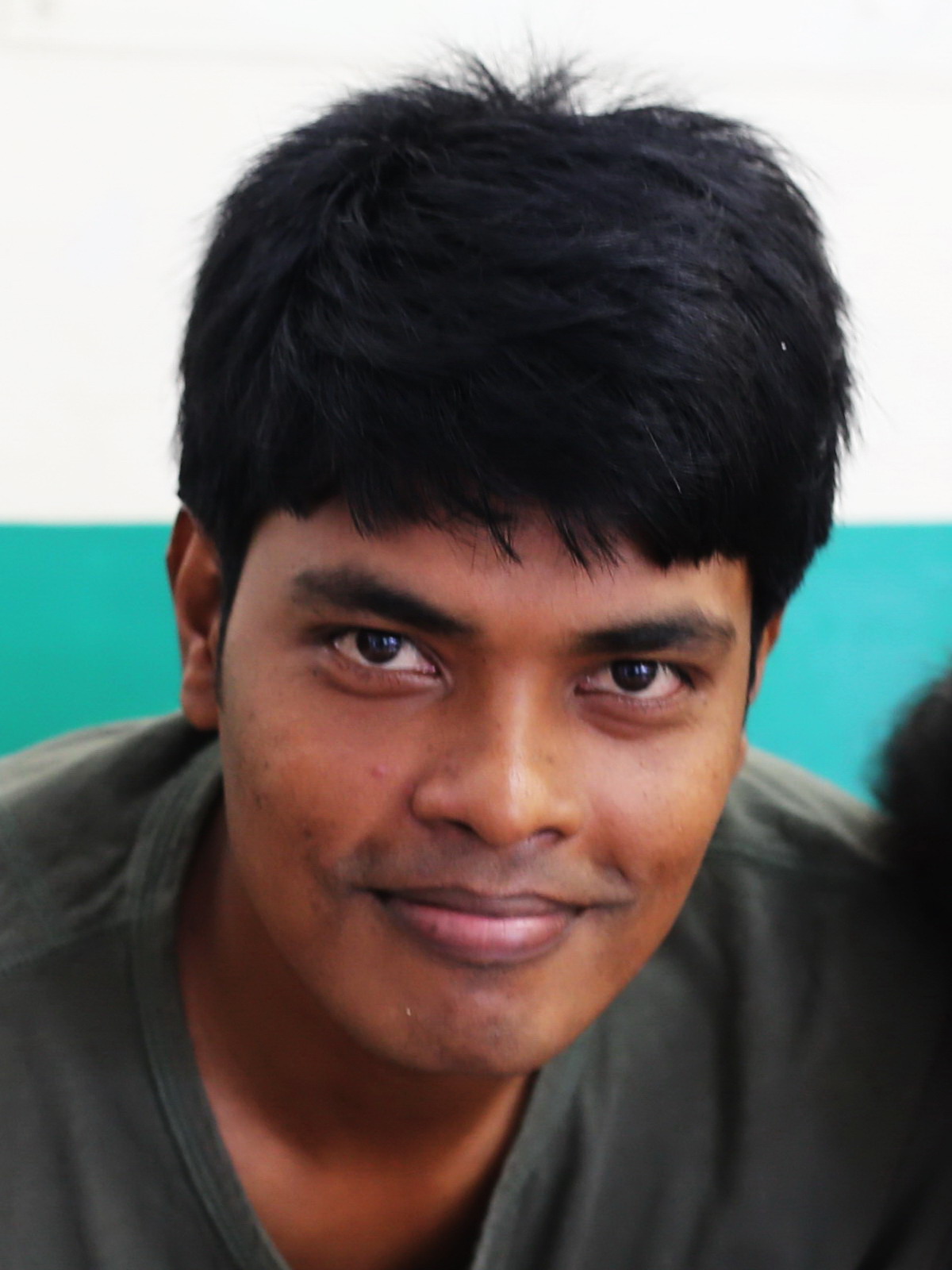
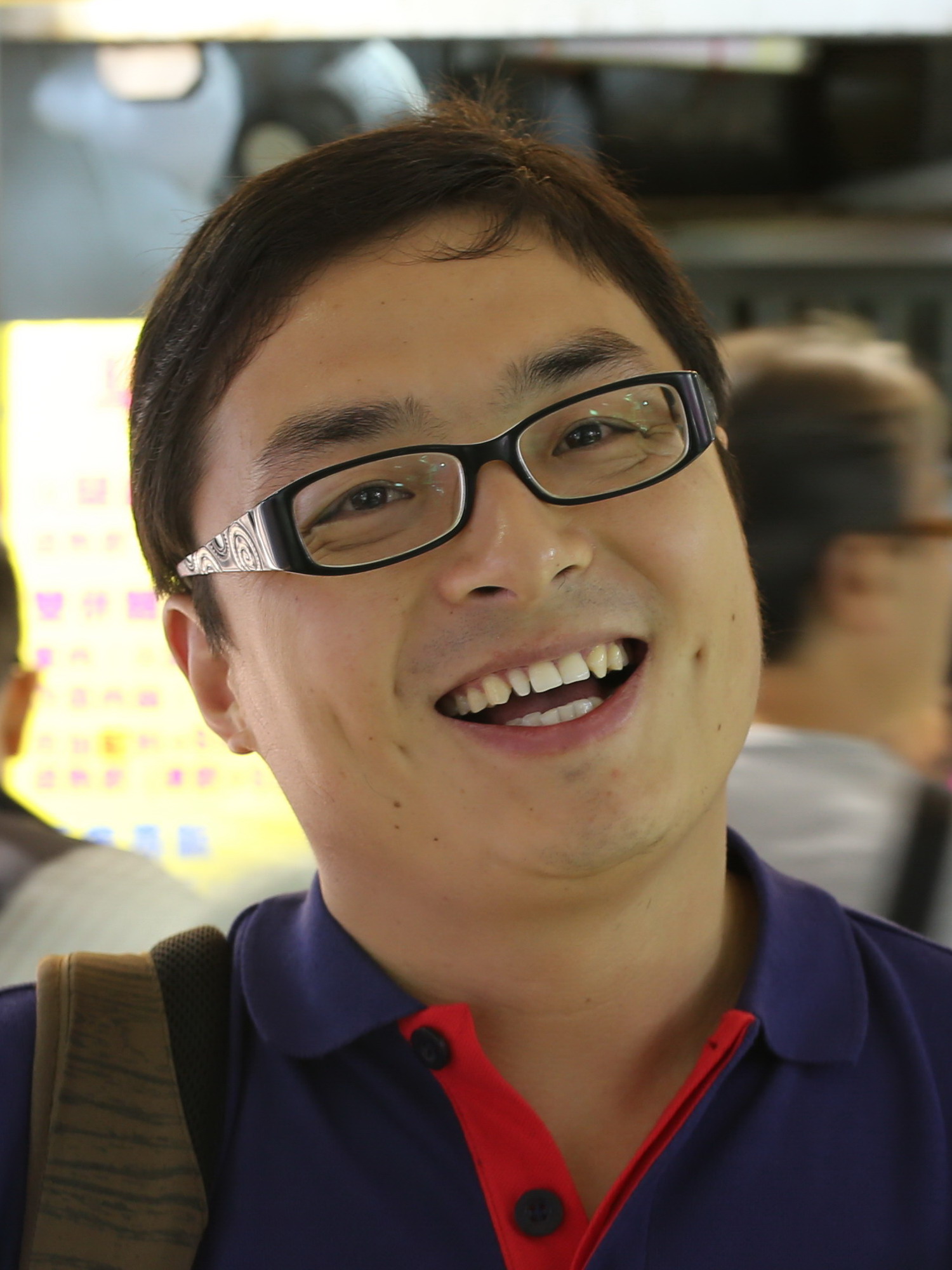
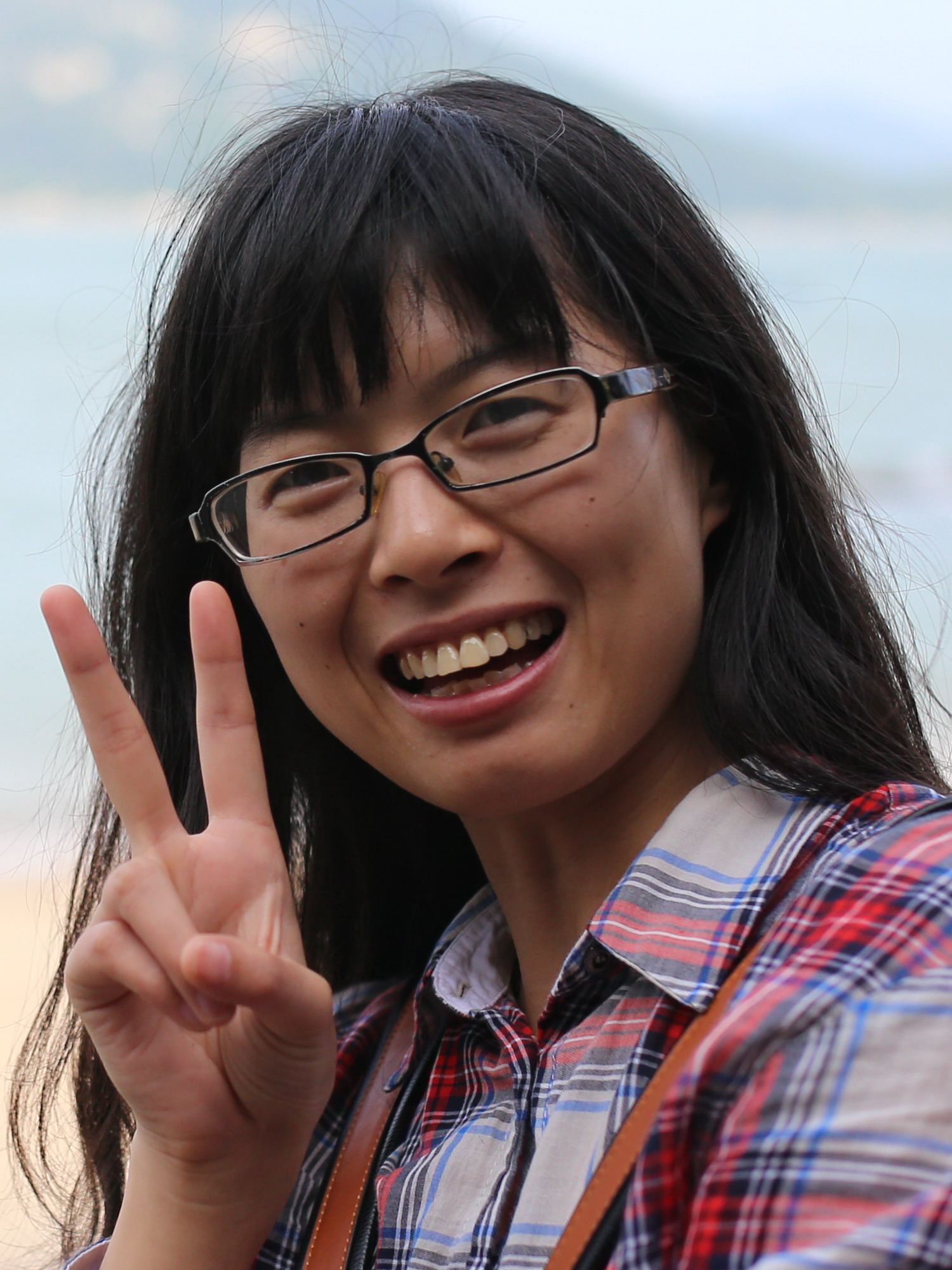
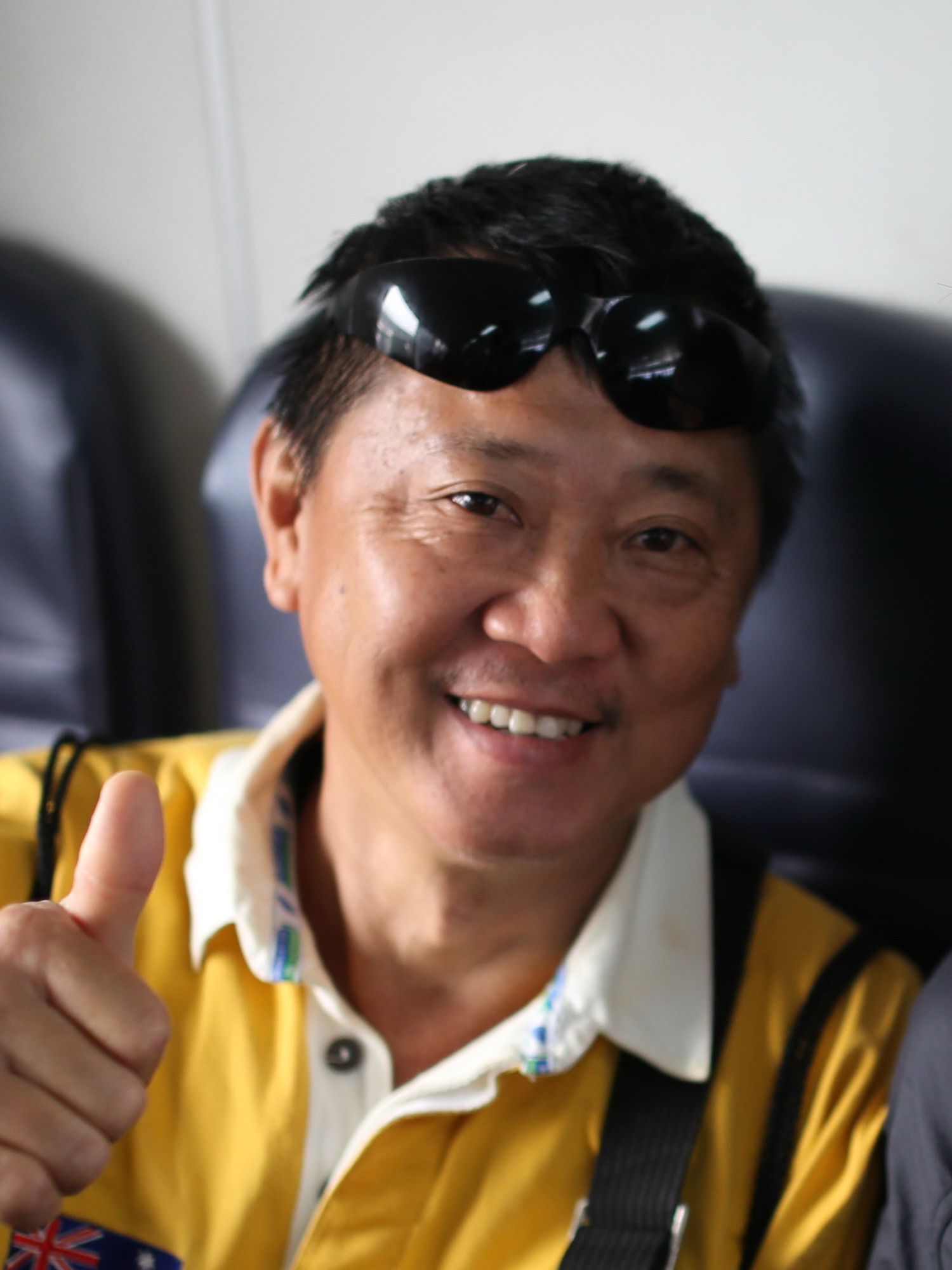
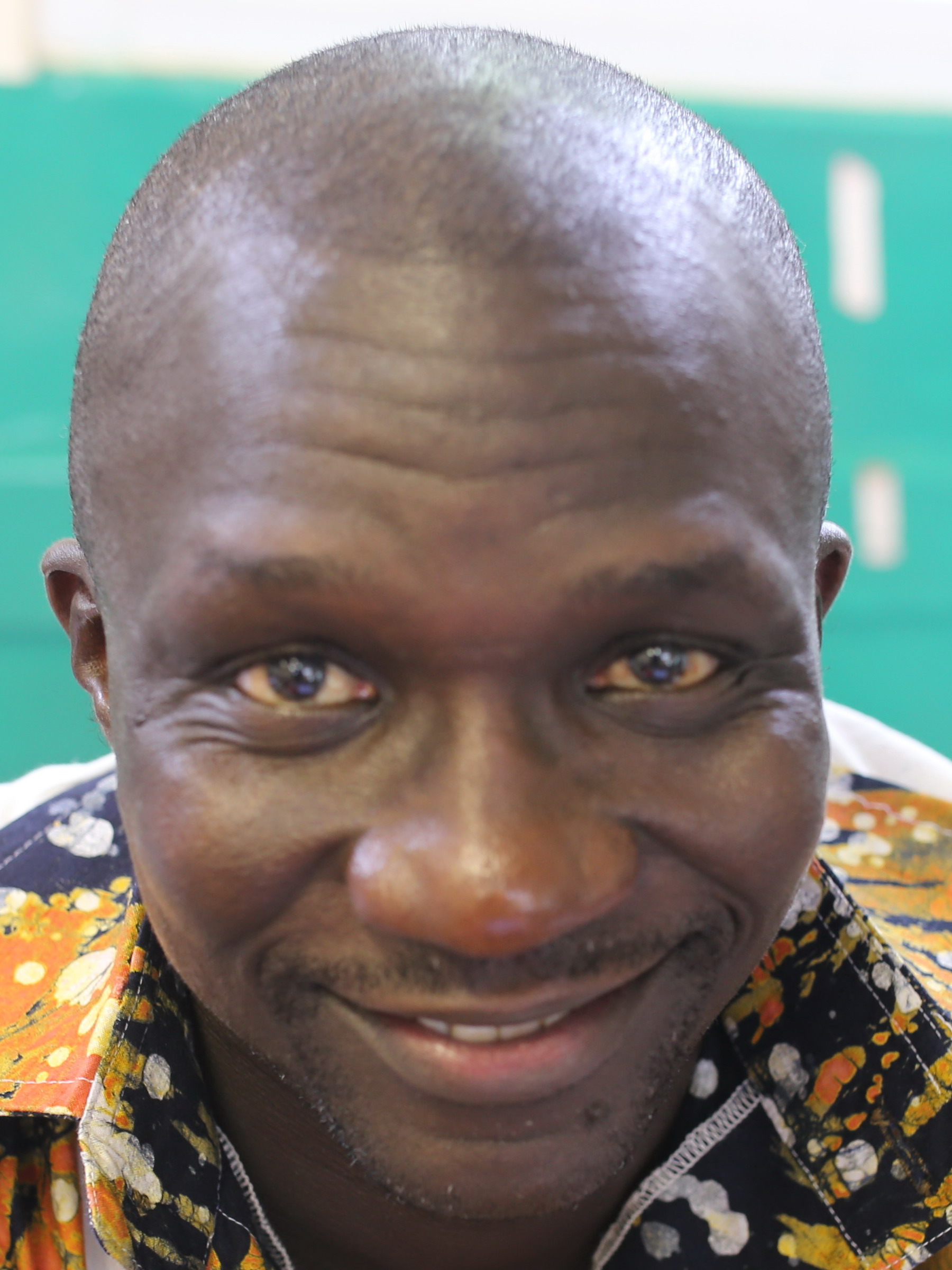
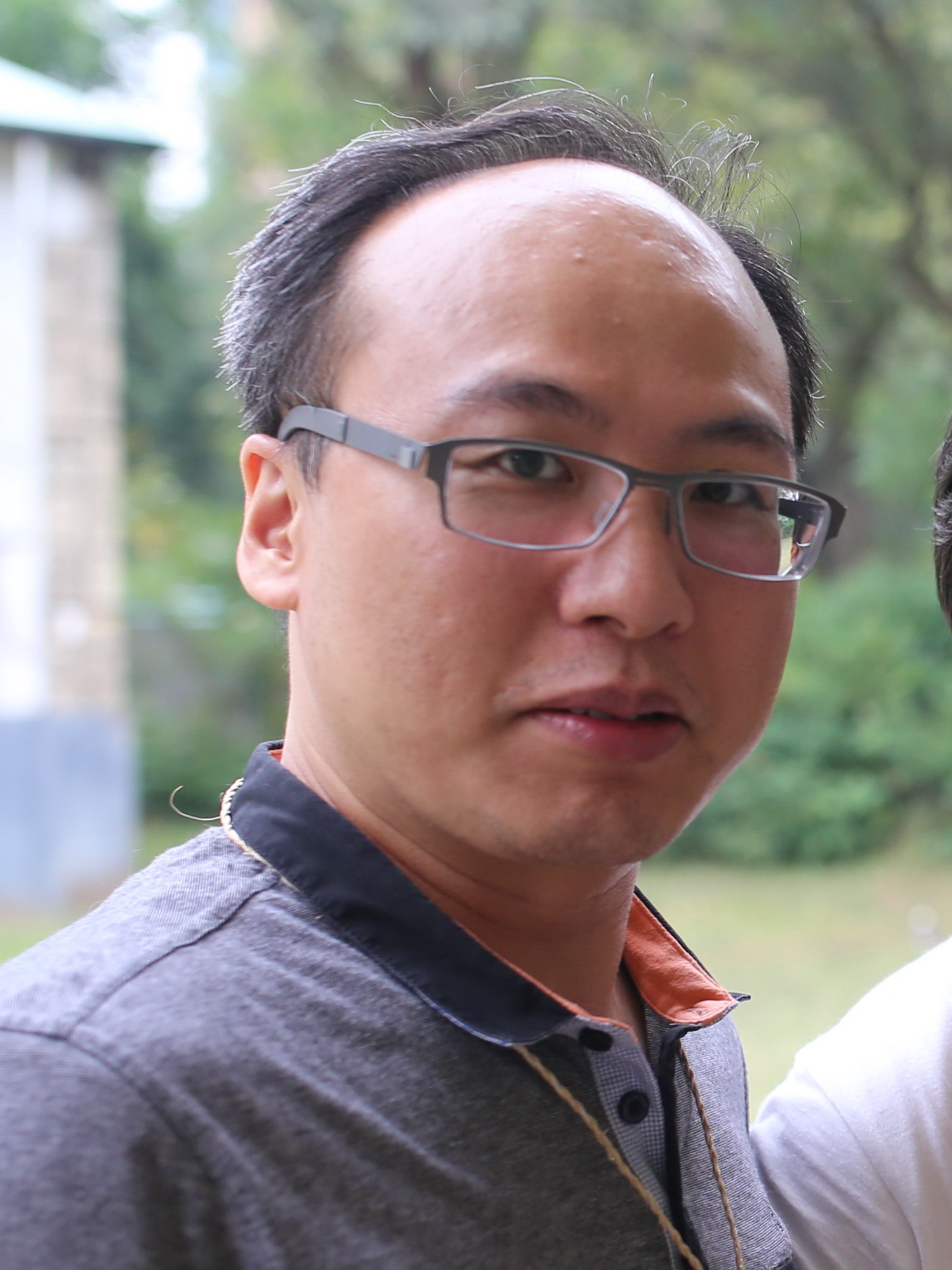
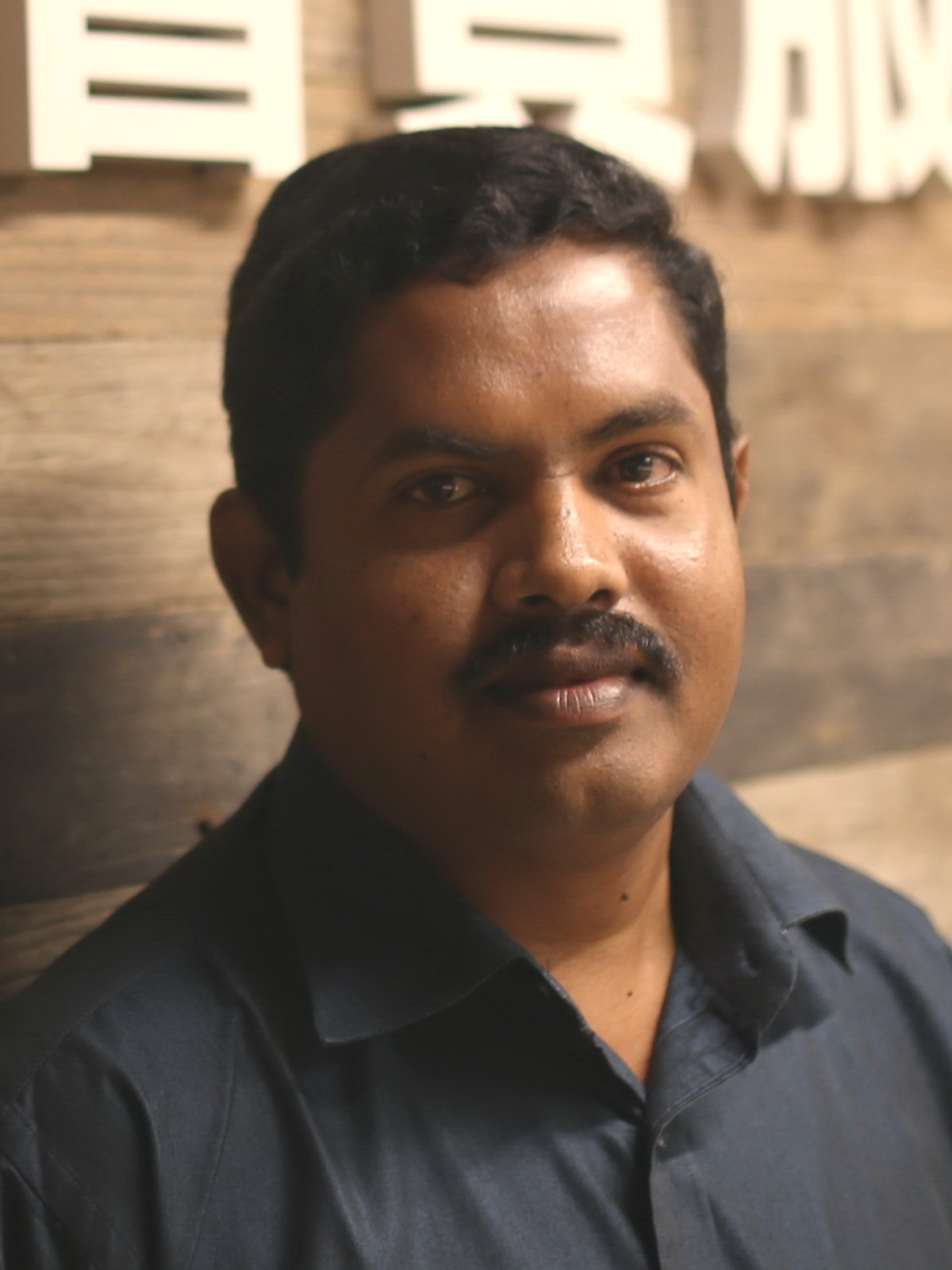
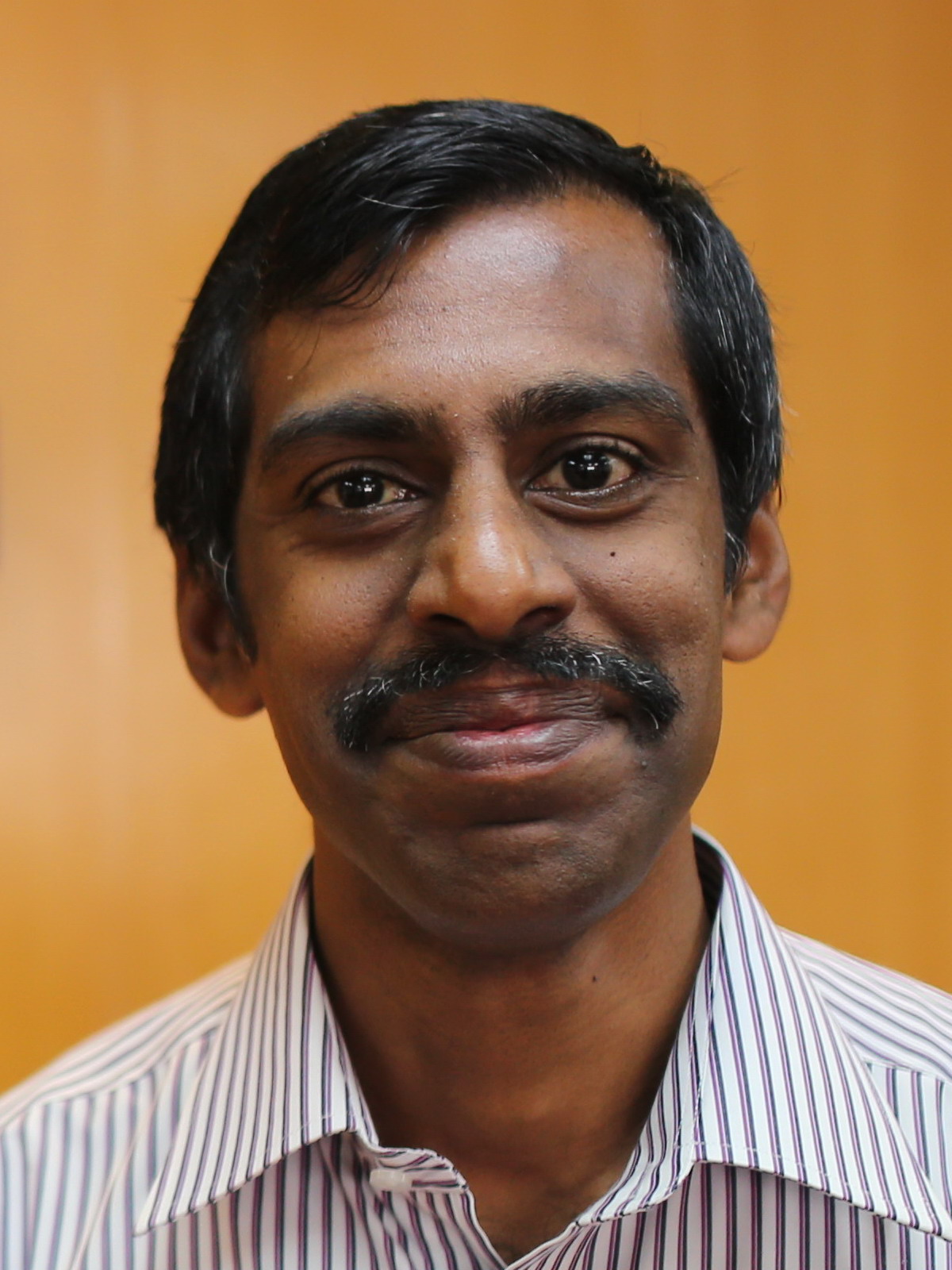
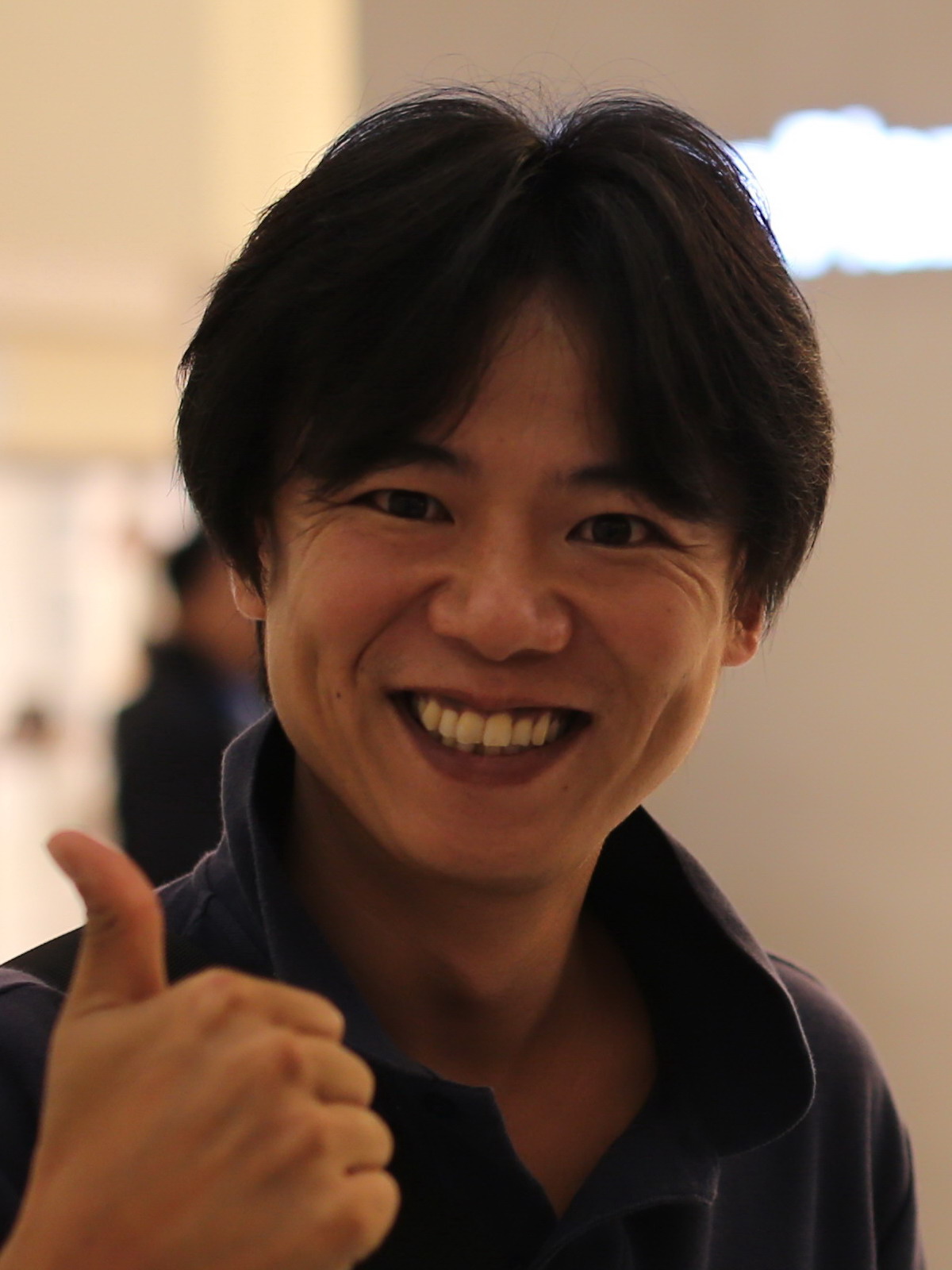
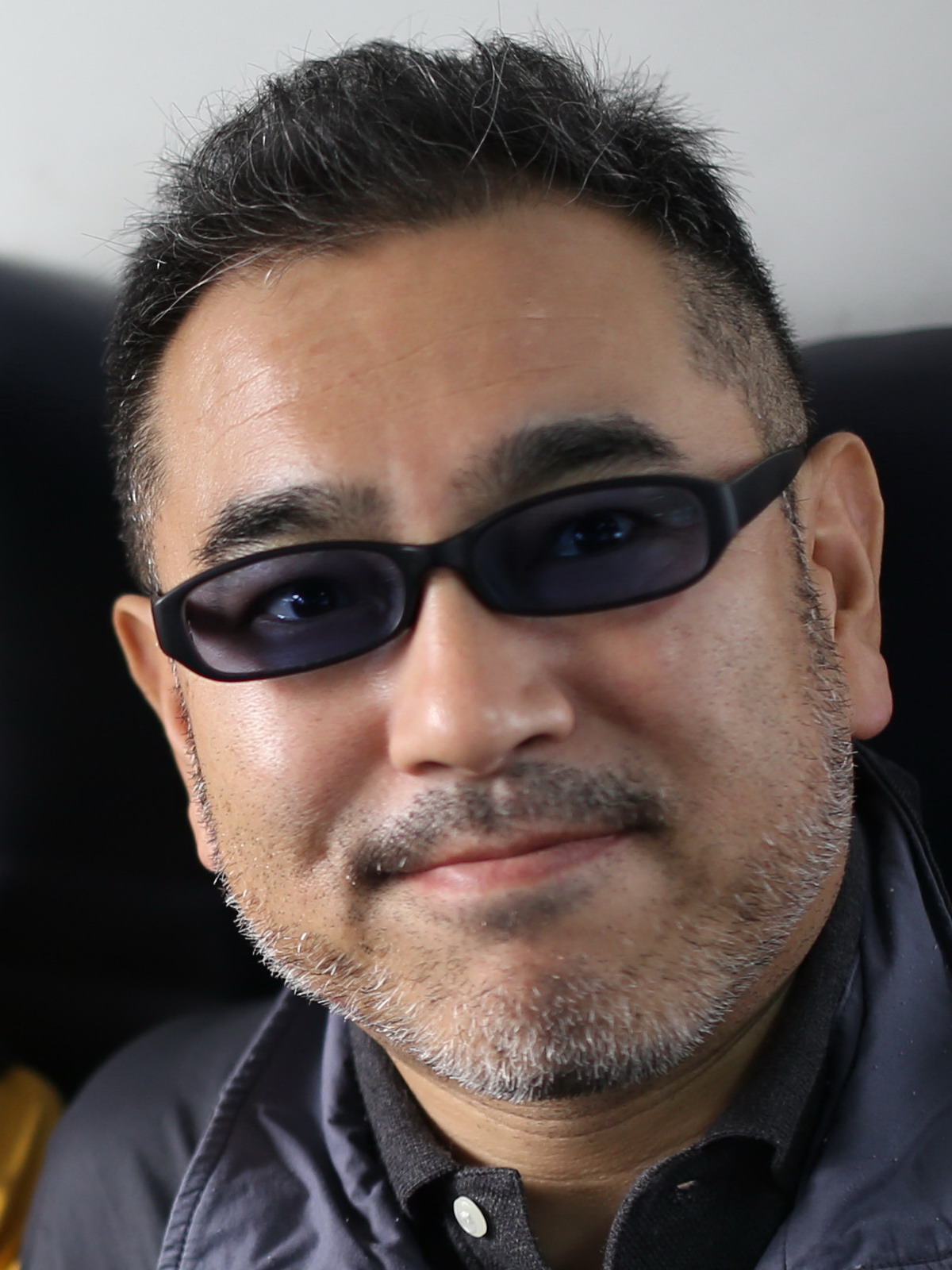
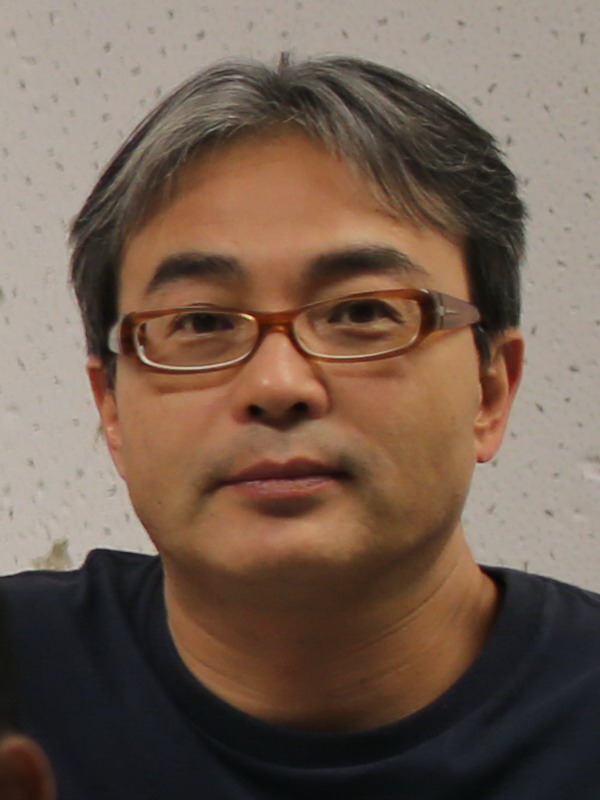
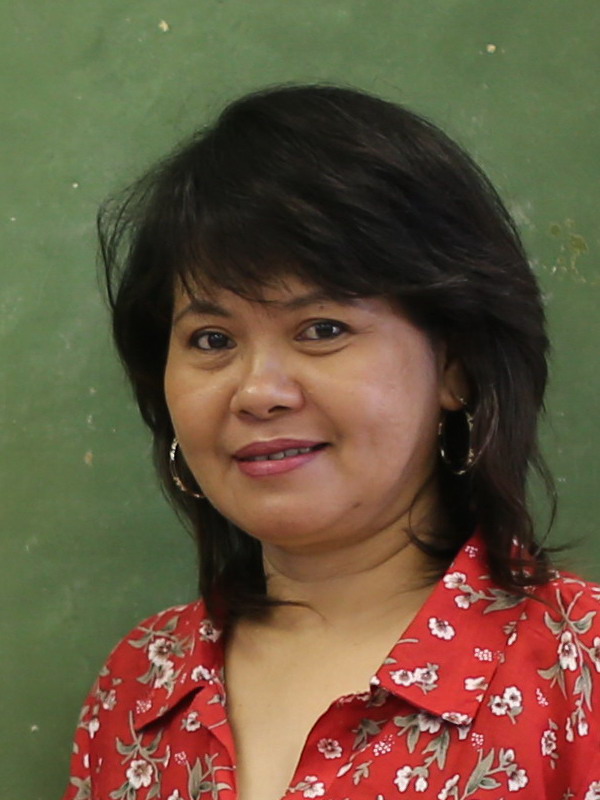
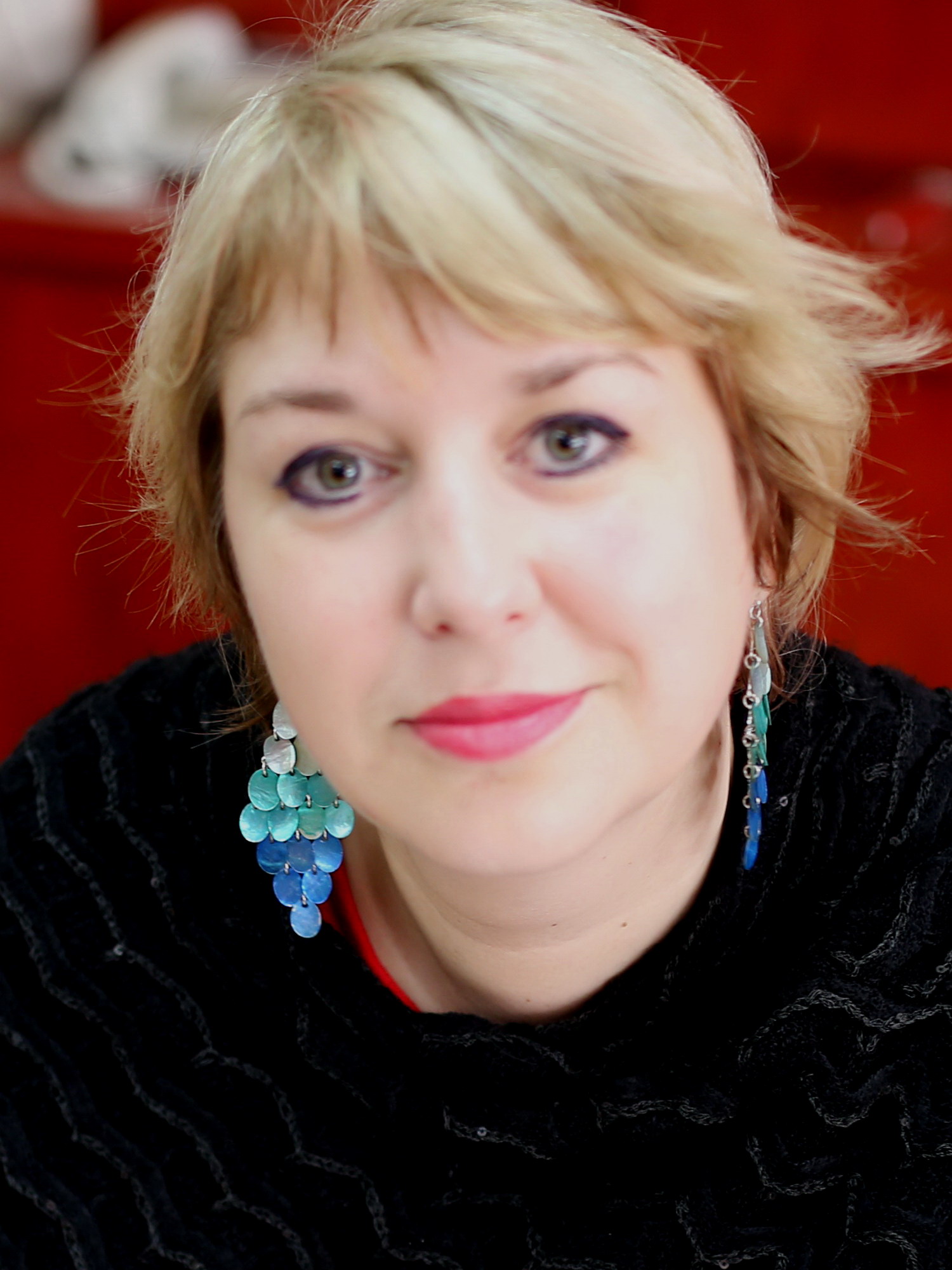
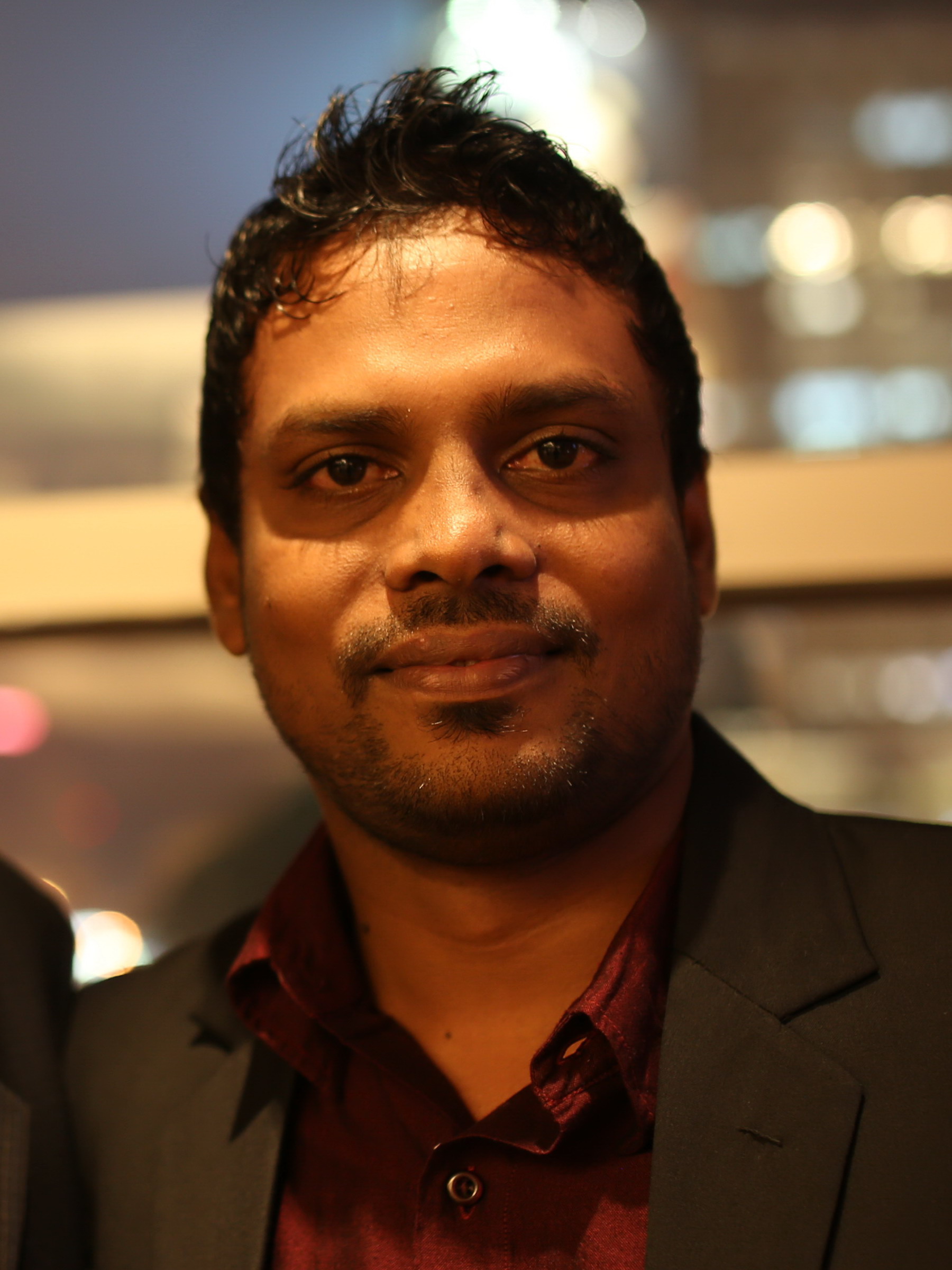
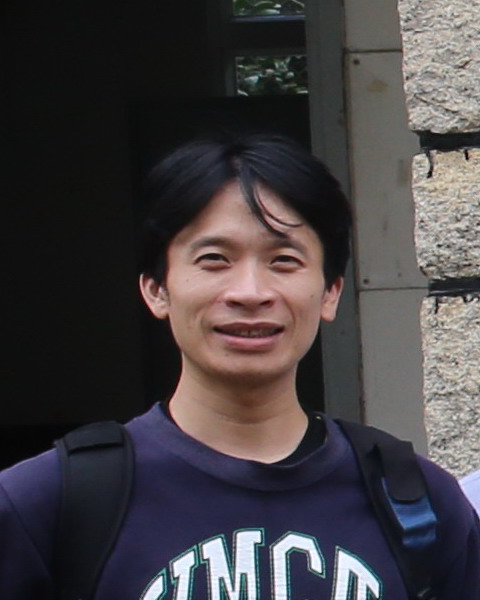
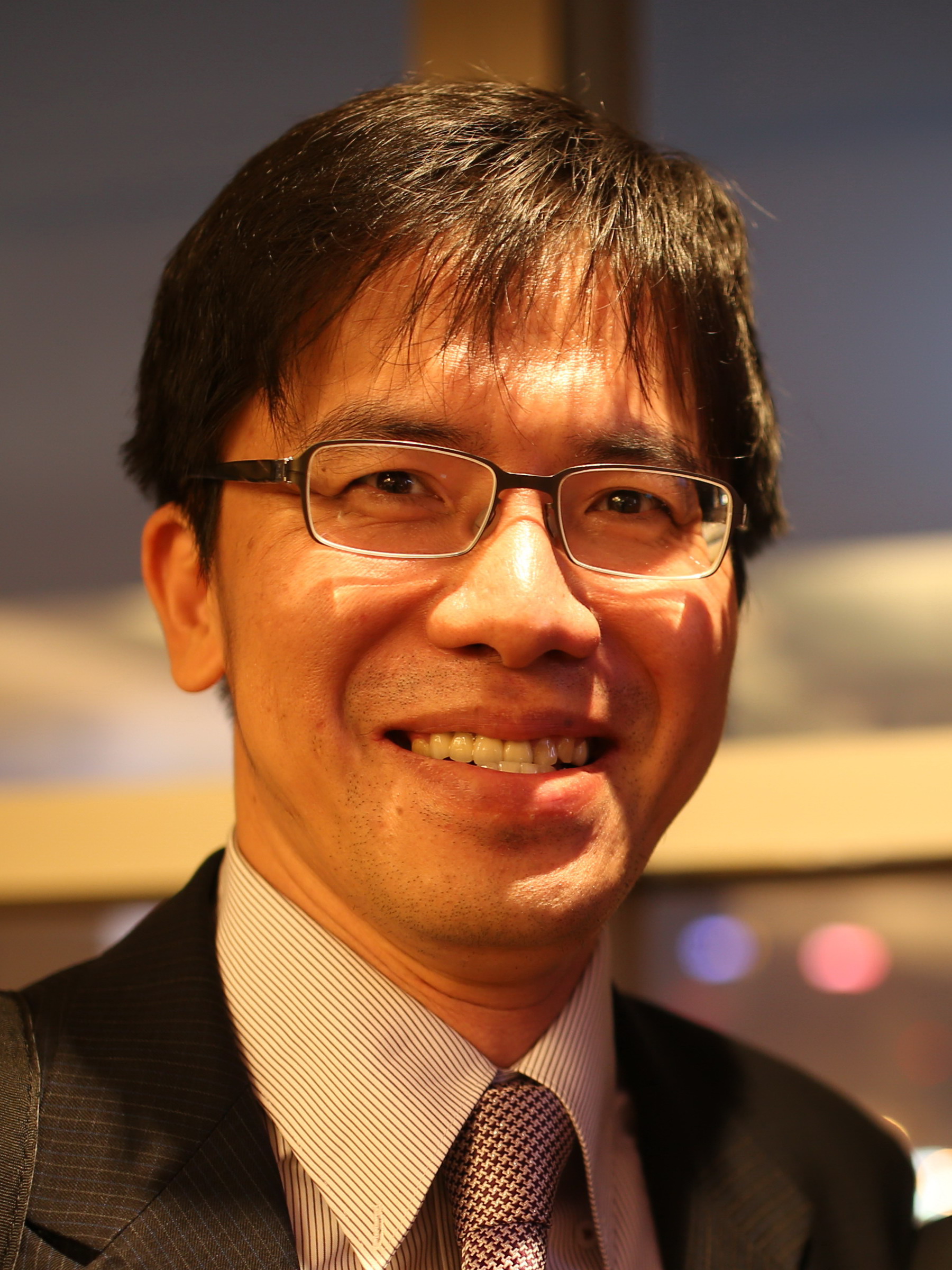
 We have just finished the 31th Advanced Studies program (ASP) in Hong Kong. This year we had 16 participants from 11 movements including one from Africa and the other from Europe. I would like to share my thoughts from each participant in the ASP.
We have just finished the 31th Advanced Studies program (ASP) in Hong Kong. This year we had 16 participants from 11 movements including one from Africa and the other from Europe. I would like to share my thoughts from each participant in the ASP.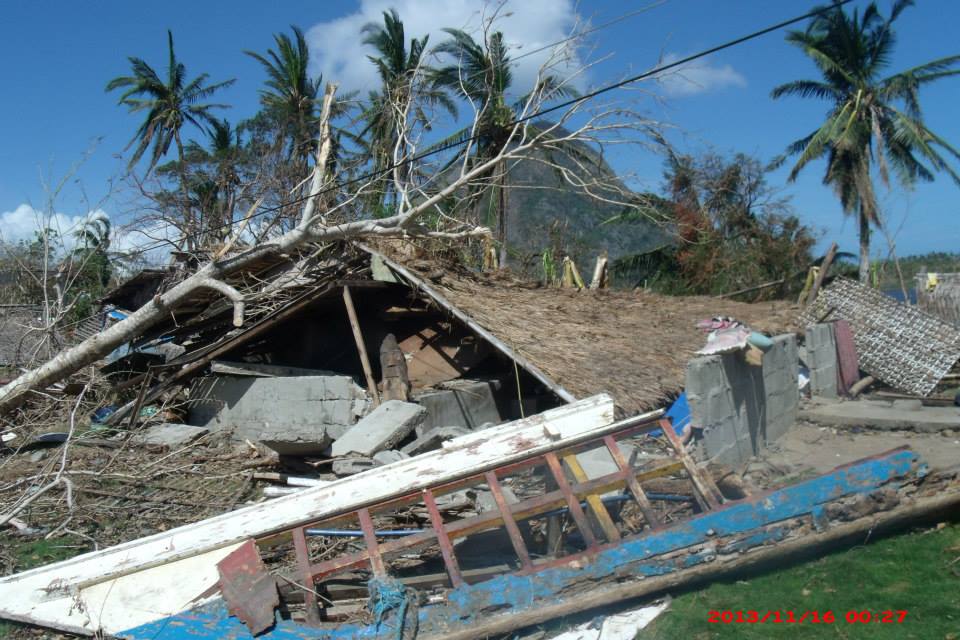
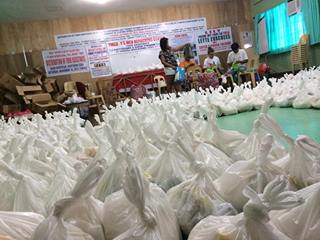
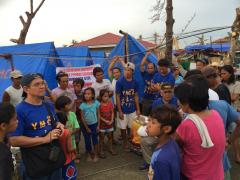
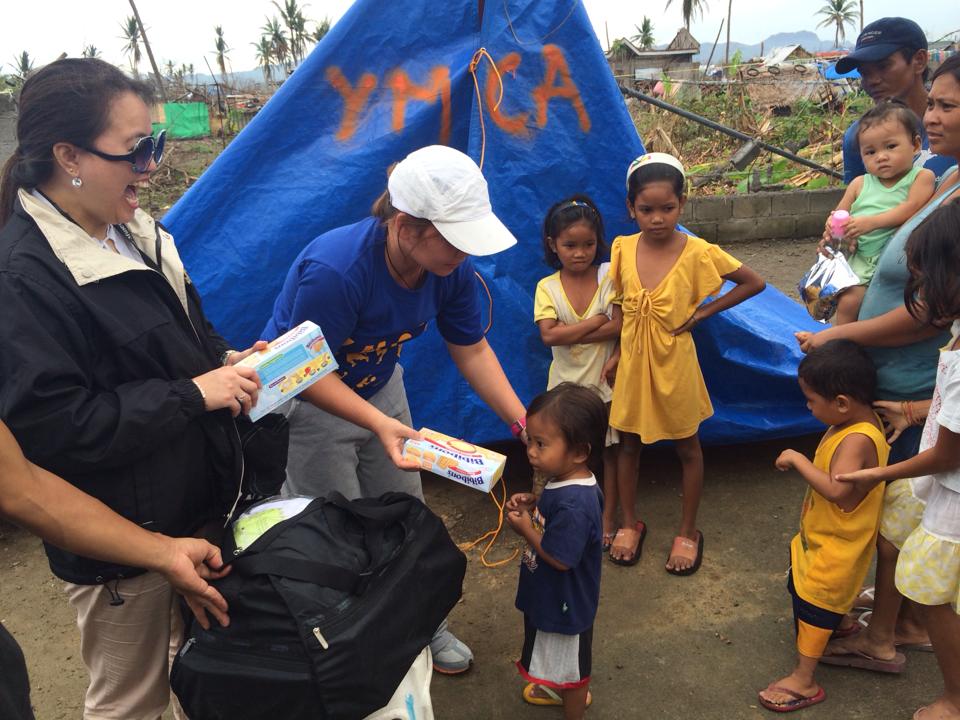
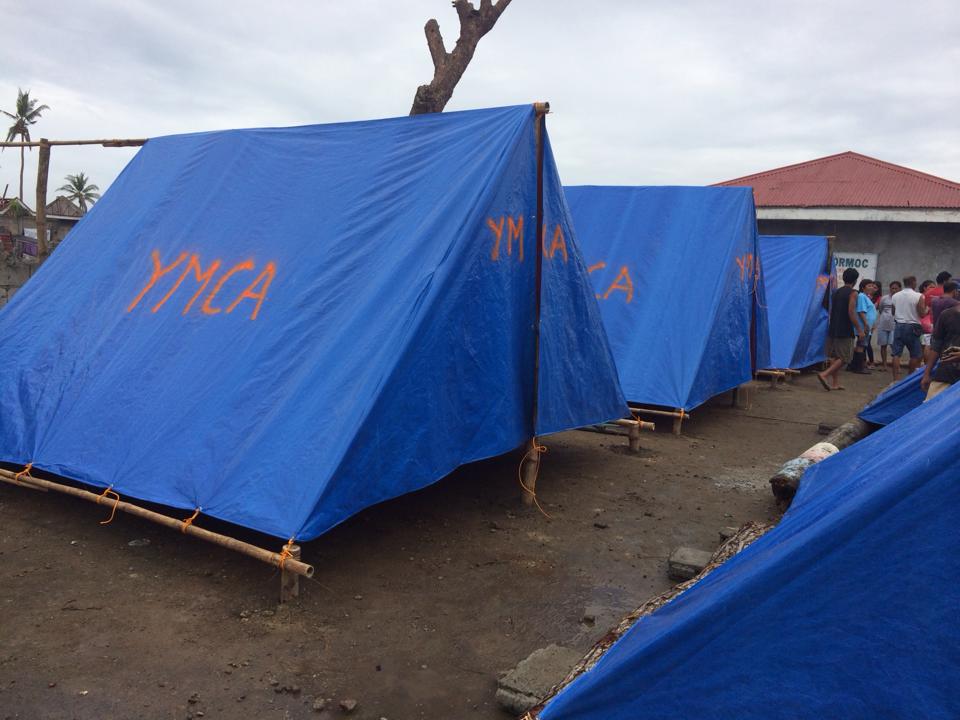
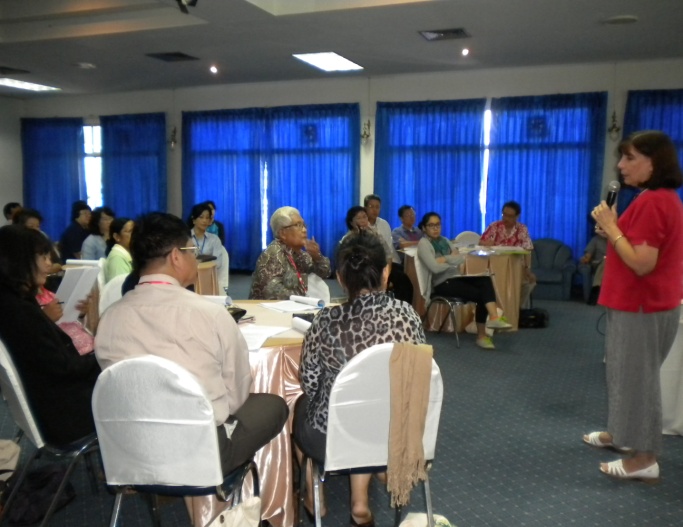
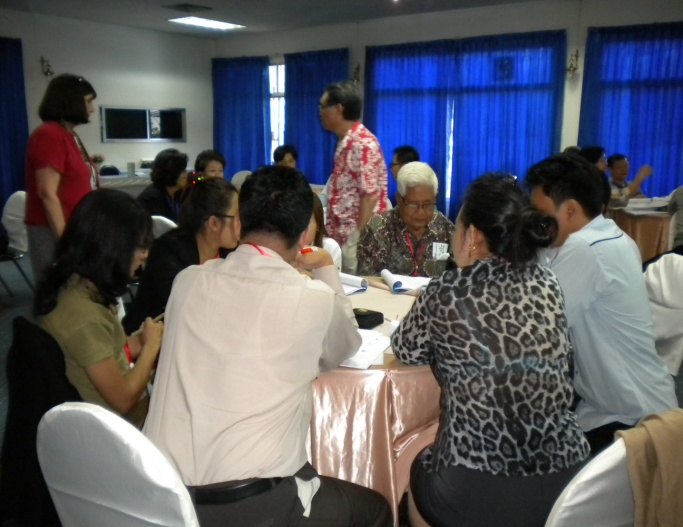
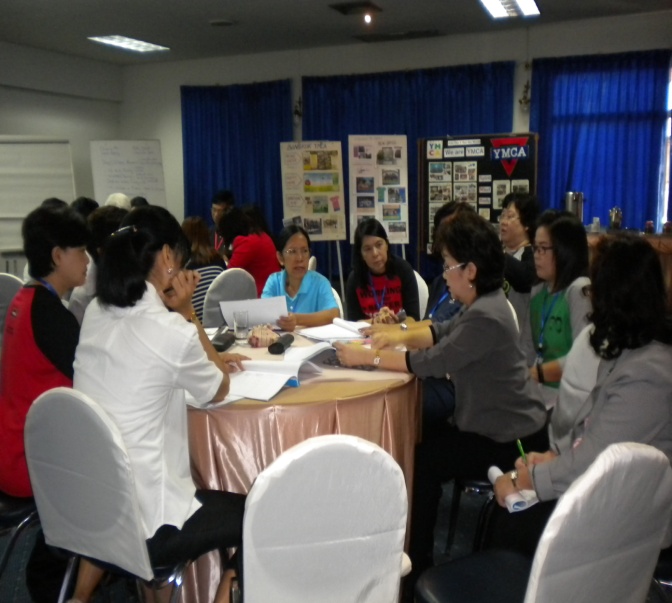
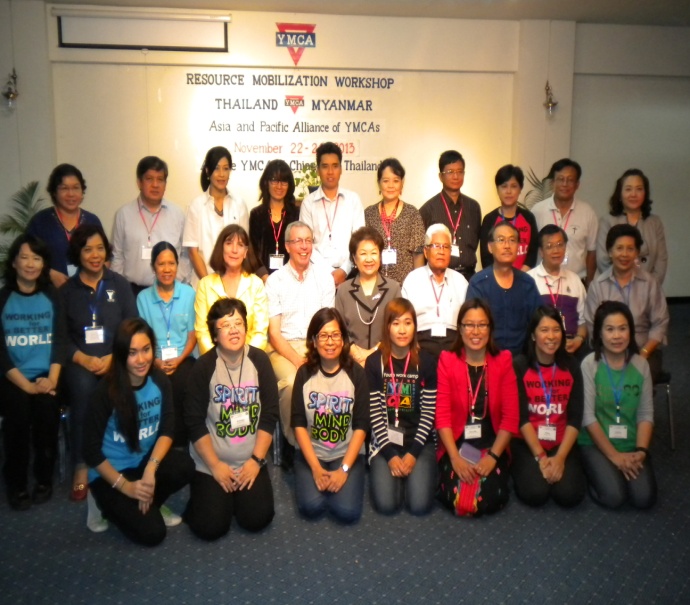
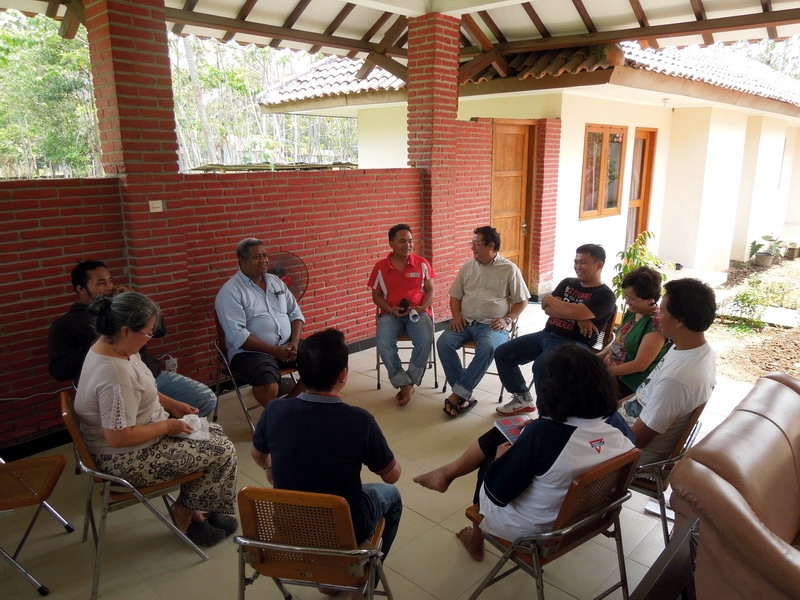
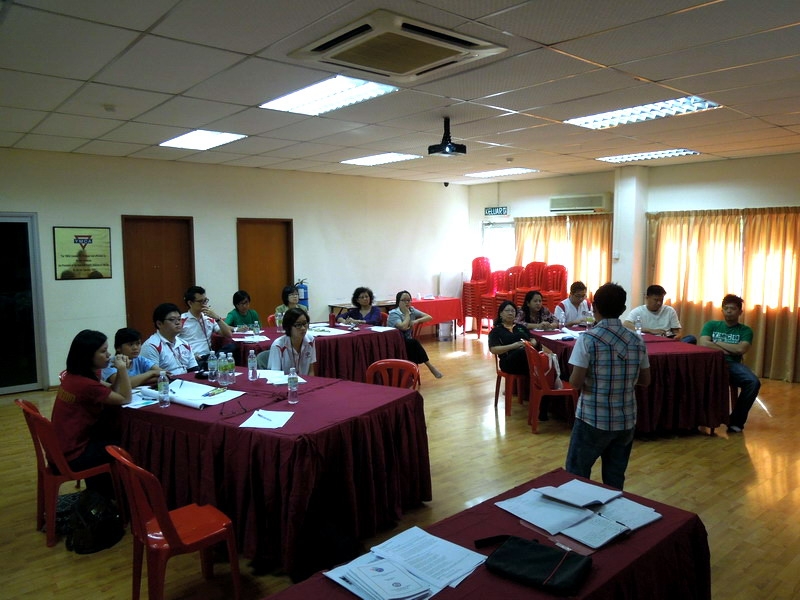
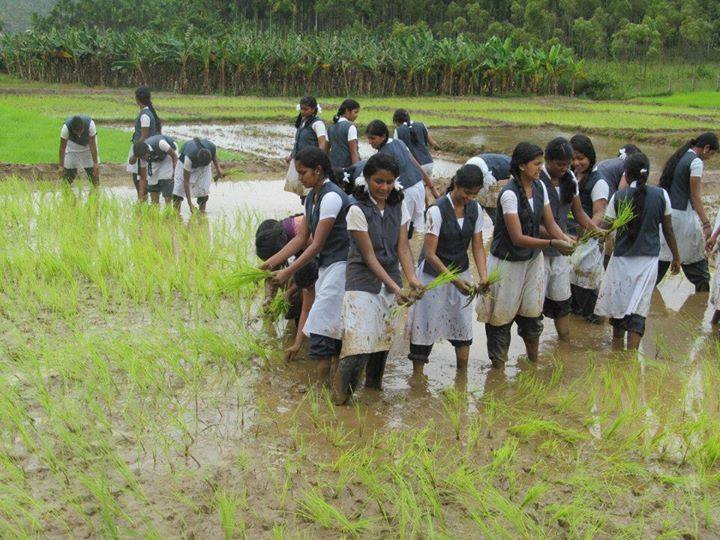 Sulthan Bathery YMCA - India
Sulthan Bathery YMCA - India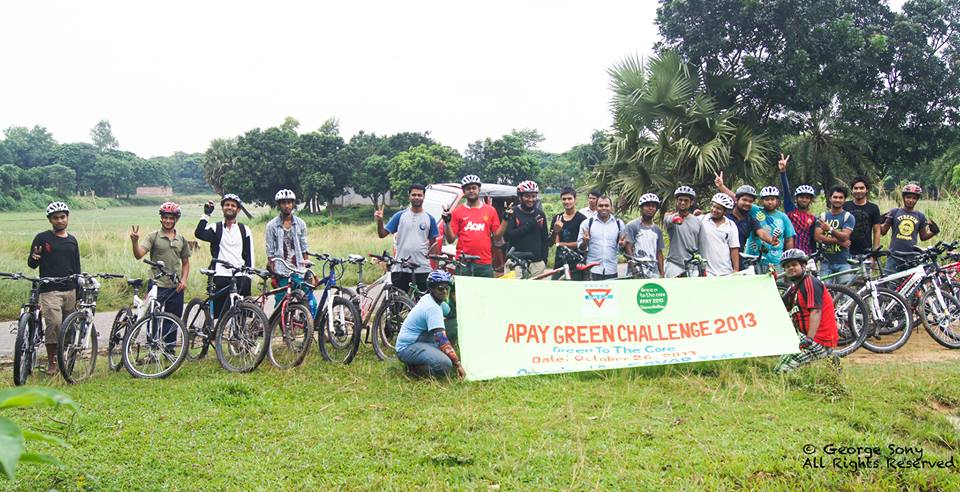 Savar YMCA – Bangladesh
Savar YMCA – Bangladesh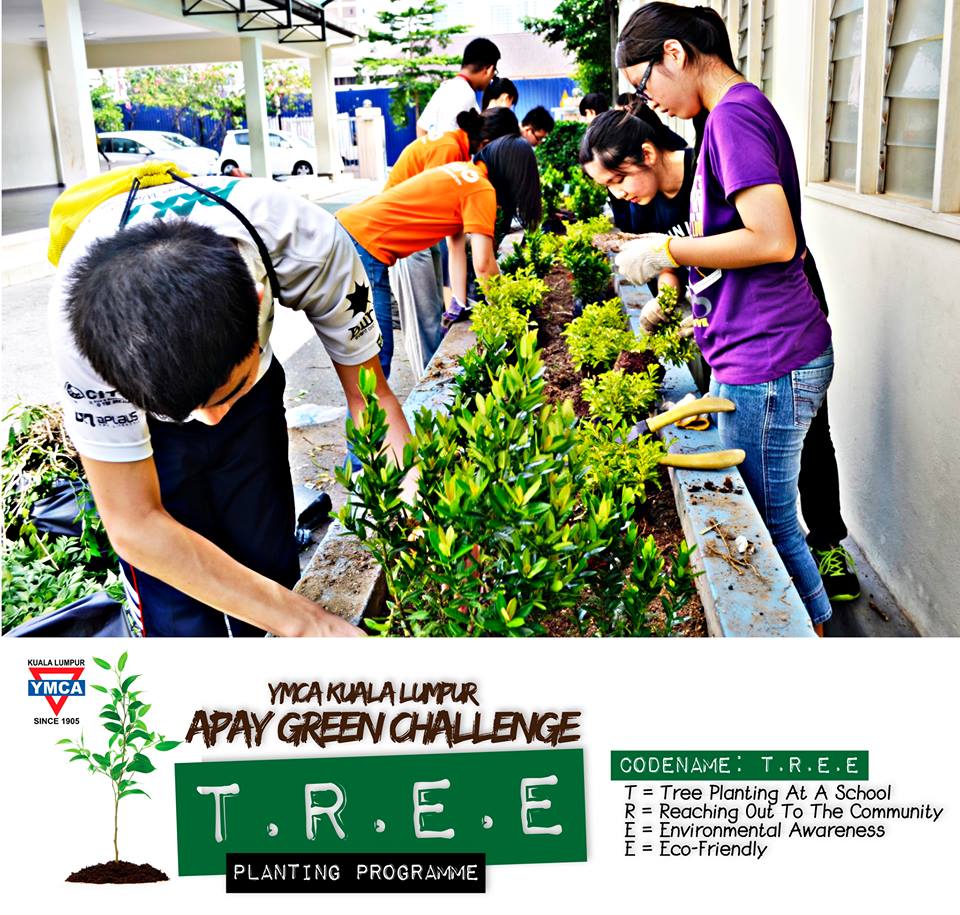
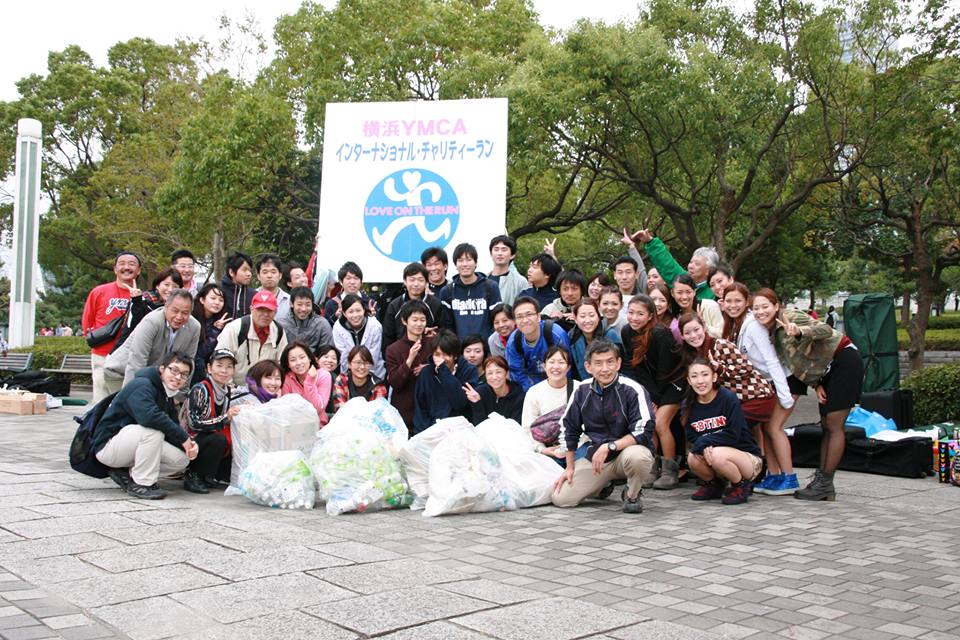 The Green Challenge by Yokohama YMCA! More than 1000 participants and volunteers were gathered for the annual charity run and made effort to reduce garbage and do the garbage sorting.
The Green Challenge by Yokohama YMCA! More than 1000 participants and volunteers were gathered for the annual charity run and made effort to reduce garbage and do the garbage sorting.